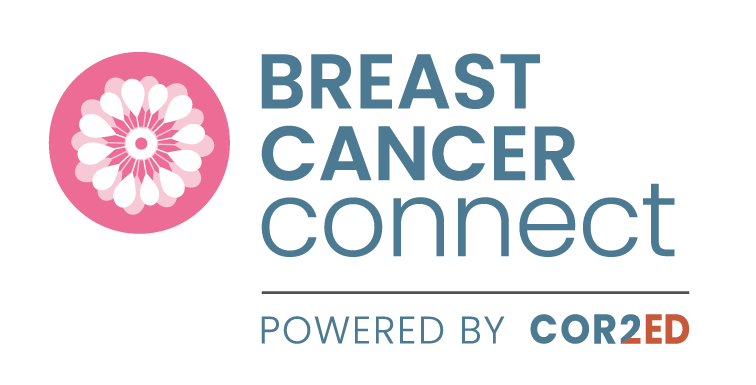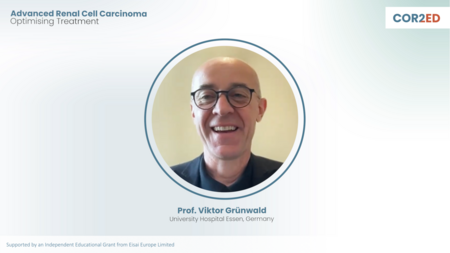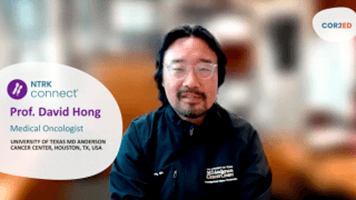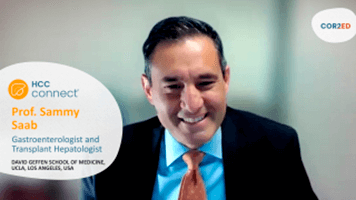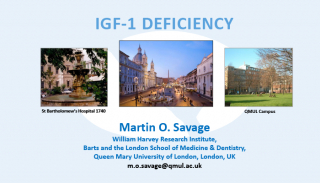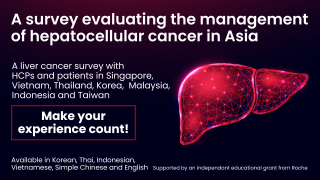
GU CONNECT Update from ASCO 2020
GU CONNECT Update from ASCO 2020
Prof. Sandy Srinivas
GU CONNECT has summarised the highlights from ASCO for you.
Prof. Sandy Srinivas
Medical Oncologist
Stanford University Medical Center
United States (US)
Prof. Sandy Srinivas has received financial support/sponsorship for research support, consultation, or speaker fees from the following companies:
|
5 min
|
May 2020
This programme was made for you: your opinion matters
Share your feedback in just 4 clicks and help us to continue to create the content you need.
I agree that this educational programme:
Was valuable to me:
1/4
Has improved my knowledge of this topic:
2/4
Is likely to change my clinical practice:
3/4
Was balanced and unbiased:
4/4
download resources
This programme was made for you: your opinion matters
Share your feedback in just 4 clicks and help us to continue to create the content you need.
I agree that this educational programme:
Was valuable to me:
1/4
Has improved my knowledge of this topic:
2/4
Is likely to change my clinical practice:
3/4
Was balanced and unbiased:
4/4
GU CONNECT member and genitourinary oncology expert Prof. Sandy Srinivas gives us an insight into new data presented at this years ASCO 2020 virtual conference. In this video discussion with accompanying slides, Prof. Sandy Srinivas highlights drug trials of interest and gives her expert opinion on the latest results of these trials, focusing on practice changing data. The aim of these slides and video is to provide support for medical urologists and oncologists.
The HERO phase III trial and advanced prostate cancer
Focal trials include the pivotal HERO phase 3 trial which compares relugolix, an oral GnRH receptor antagonist, to leuprolide acetate, a GnRH receptor agonist, in treatment of advanced prostate cancer. Discussed is the ability of relugolix to suppress testosterone compared to leuprolide, and clinical considerations for patient suitability.
The TheraP phase II trial and metastatic prostate cancer
Prof. Srinivas then addresses the initial results from the TheraP trial, a randomised phase 2 trial comparing 177LU-PSMA-617 to intravenous cabazitaxel in metastatic castration resistant prostate cancer (mCRPC). The radiolabelled small molecule 177LU-PSMA-617 targets therapeutic β-radiation to PSMA-expressing tumours. Patient outcomes, safety, and prostate specific antigen (PSA) results from this trial are examined. From these data, in context of the phase 3 VISION trial, Prof. Srinivas comments on the potential for drug sequencing in patients with mCRPC.
The IMvigor010 phase III trial; a new concept in targeting urothelial carcinoma
Next, data is covered from the IMvigor010 phase 3 study of adjuvant atezolizumab versus observation in high-risk muscle-invasive urothelial carcinoma (MIUC). This study represents an important concept in the treatment of MIUC, for which cystectomy, with or without cisplatin-based neoadjuvant chemotherapy, is the current standard of care. This trial examines the immune checkpoint inhibitor atezolizumab as adjuvant immunotherapy following cystectomy.
The Javelin 100 trial and emerging treatments in urothelial carcinoma
Prof. Srinivas then focuses on the phase 3 Javelin 100 trial, in which the immune checkpoint inhibitor avelumab is compared to best standard of care in patients with locally advanced or metastatic urothelial carcinoma previously treated with first-line platinum chemotherapy. Underscored are results in overall survival and progression-free survival. Shortly after the ASCO 2020 conference the FDA approved avelumab as a first-line maintenance treatment for patients with locally advanced or metastatic urothelial carcinoma following the results from the Javelin 100 trial.
Updates in androgen deprivation therapy in non-metastatic CRPC
Lastly, Prof Srinivas discusses updates in androgen deprivation therapy (ADT) for the treatment of patients with non-metastatic CRPC. Highlighted are three trials of FDA approved drugs: apalutamide, darolutamide, and enzalutamide. Focus from new data is on improvements in overall survival and hazard ratios. We hope that you find our video overview and slides insightful.
GU cancer update by Prof. Sandy Srinivas, Stanford University Medical Center, Palo Alto CA, USA.
GU CONNECT is an initiative of COR2ED, supported by an Independent Educational Grant from AstraZeneca, Bayer and Eisai Europe Limited.








